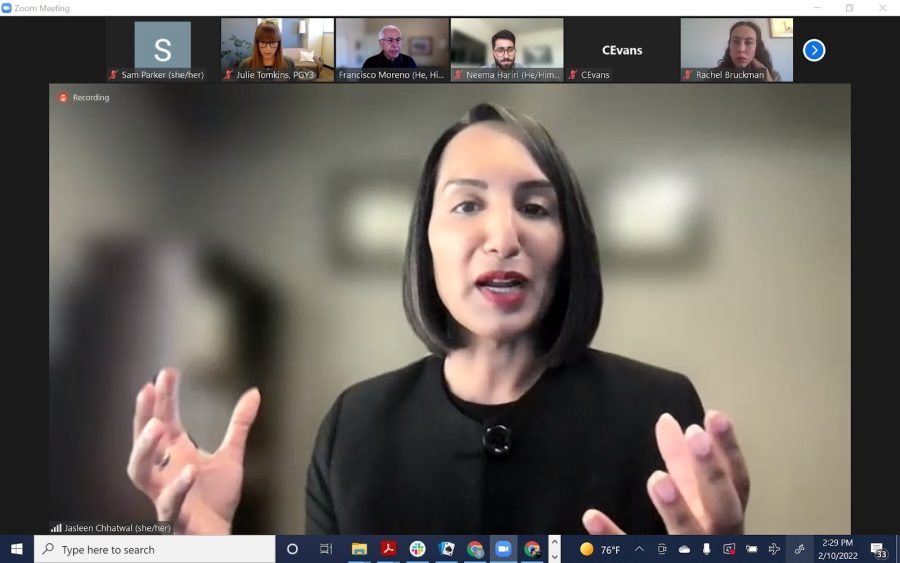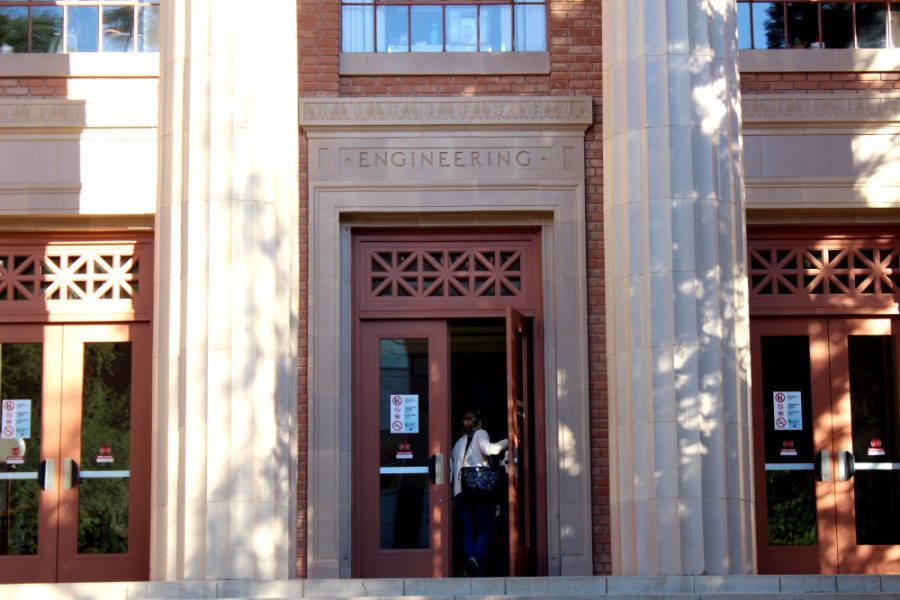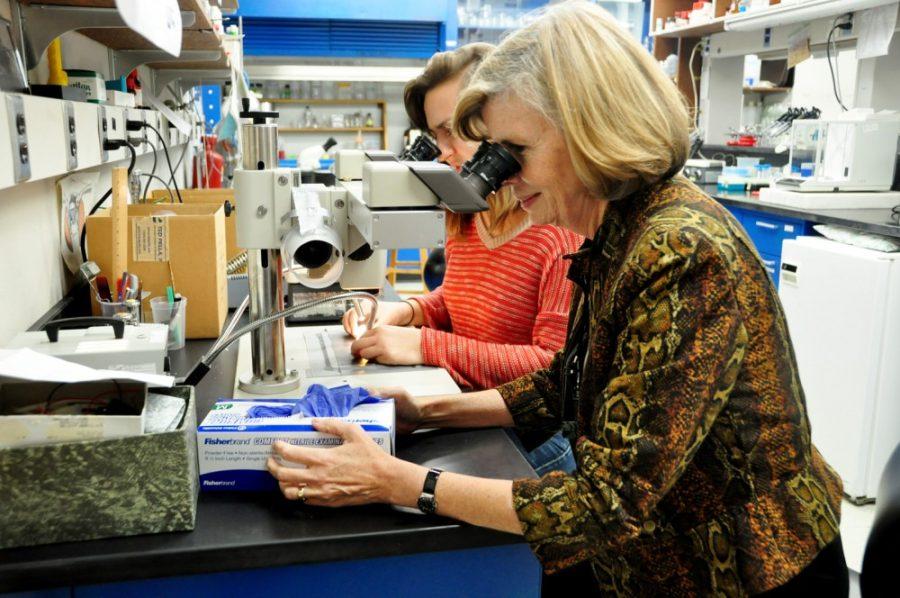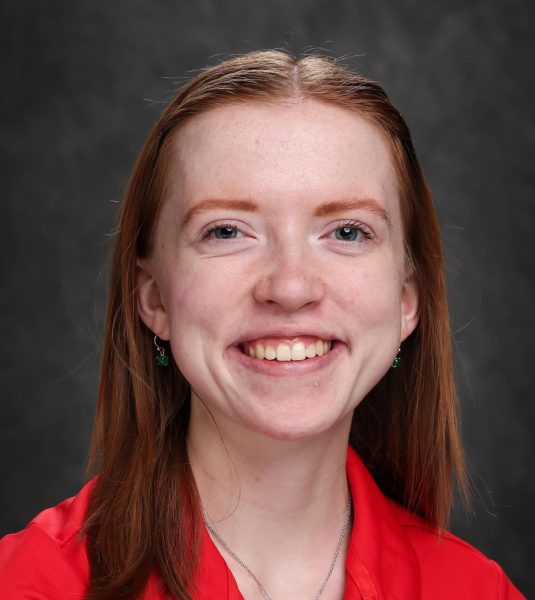The University of Arizona College of Medicine hosted a forum Feb.10 to discuss steps medical health professionals can take to address healthcare disparities and the social determinants of mental health, providing their patients with an overall more accommodating and beneficial experience.
Three guest speakers were featured at this event: Dr. Jasleen Chhatwal, an assistant professor in the Department of Psychiatry at the University of Arizona College of Medicine – Tucson, Patricia Harrison-Monroe, an adjunct lecturer in African American Studies and associate professor of psychology and psychiatry and Dr. Francisco Moreno, a professor of psychiatry at the University of Arizona College of Medicine – Tucson, associate vice president of Diversity and Inclusion and director of the Arizona Hispanic Center of Excellence.
Monroe opened the conversation by addressing the strong association between social inequality and worsened mental health that health professionals must come to terms with.
“In 2014, the World Health Organization published a very lengthy document addressing the social determinants of mental health. Key takeaways were that social inequalities are associated with increased risk of many common mental disorders,” Monroe said. “There is also a need to take action to improve the conditions of daily life from before birth. And that’s really important throughout the lifespan, to provide opportunities both to improve population mental health and to reduce the risk of those mental disorders that are in fact associated with social inequalities.”
According to Monroe, this risk reduction begins by giving children the best possible start early on in their development. This is especially important because negative factors like less favorable economic, social or environmental conditions tend to accumulate over a person’s lifespan, contributing to a heightened risk of mental disorders.
“Cumulative adversity, especially when experienced during critical and sensitive periods of early development, is a predictor of increased risk for some of the most harmful, persistent and also expensive health challenges, including many of the 10 leading causes of death in the United States,” said Monroe.
This translates to a responsibility for practicing healthcare professionals to modify their treatment to recognize and accommodate these social determinants and how they have played a role in the lives and mental/physical health of patients.
“Early identification, prevention of further exposure and intervention with treatment options can absolutely change the likelihood of a progressive disease trajectory for your patients. So that’s an important part that you should be focusing on when talking to your patients,” Monroe said.
Later on in the forum, Chhatwal explored the way in which legislation and policies on a state and national level influence health inequities in the United States, emphasizing the necessity of interaction between the medical and political fields in order for change to transpire.
“I’m reminded of a quote by Rudolf Virchow, who was a German physician. He said ‘medicine is a good social authority, a social science, and politics is nothing else but medicine on a large scale’. And I think that really resonates with me because politics is what really ends up creating our social policies as well as our public policy — where the money goes, who gets the attention, who gets the care — and so no matter how many good programs will be set up in our healthcare institutions or in our clinics, if the funding laws are not written in a way and are not going in the direction of creating equity, we’re just fighting against the tide,” Chhatwal said.
RELATED: University of Arizona researchers find possible treatment for dementia after stroke
Chhatwal stressed the importance of physicians getting more involved in policy making, whether that involvement takes the form of joining a state association, speaking with legislators or simply having a conversation with fellow practitioners.
“If we just try to stay in the house of medicine, we will not really be able to have an impact on the healthcare landscape, because then all we’re doing is creating beautiful treatment plans that just can’t come to fruition,” Chhatwal said.
This emphasis on involvement and advocacy was a common theme throughout the forum, so much so that Moreno closed the panel by highlighting the significance of taking an active role in different communities to enact change and address the social determinants of health.
“Not all of us are going to be able to be bilingual, not all of us are able to have that ability to kind of culturally connect with everyone in Arizona, but I think we have a responsibility to recognize that we can create teams, and we can create environments that are geared towards serving that very purpose,” Moreno said. “So, I invite all of you to be thinking of ways in which your role is shaped in a way that becomes an advocate for best addressing the social determinants of health and the social determinants of mental health.”
Follow Sam Parker on Twitter
















